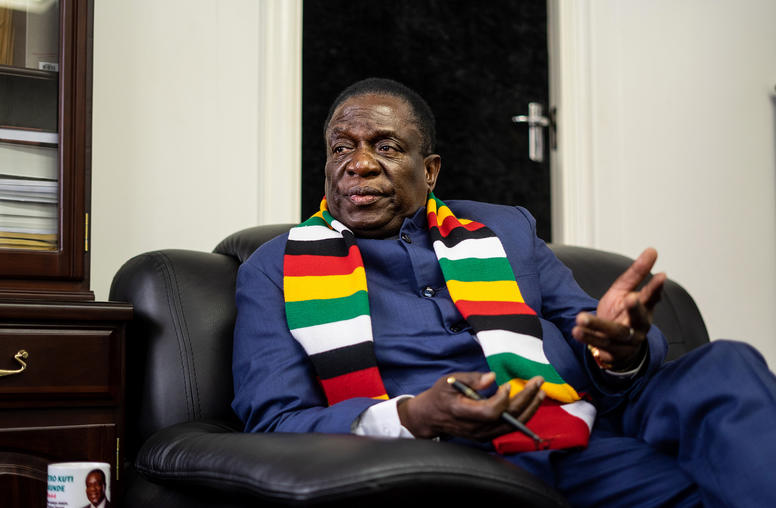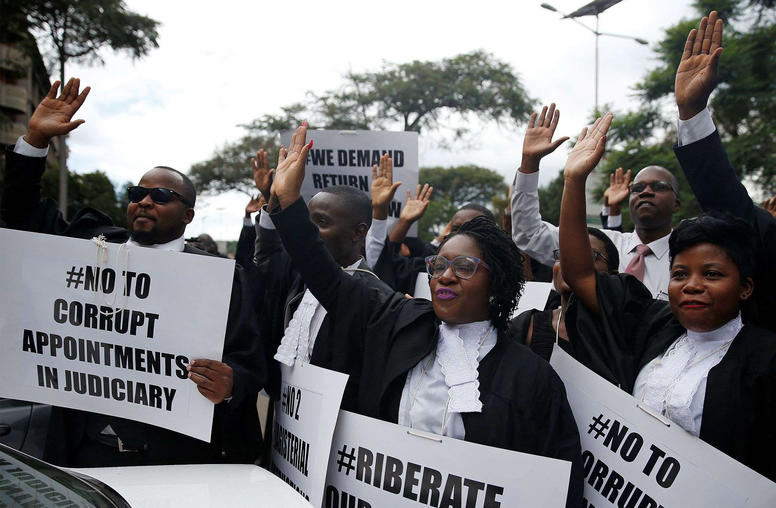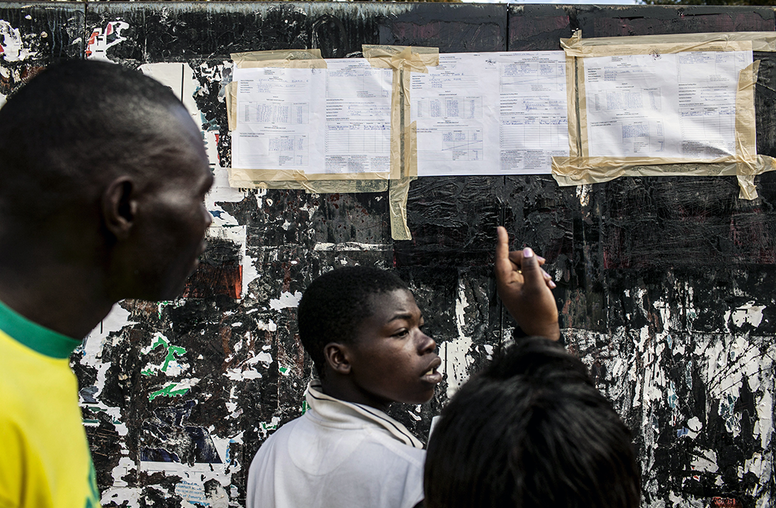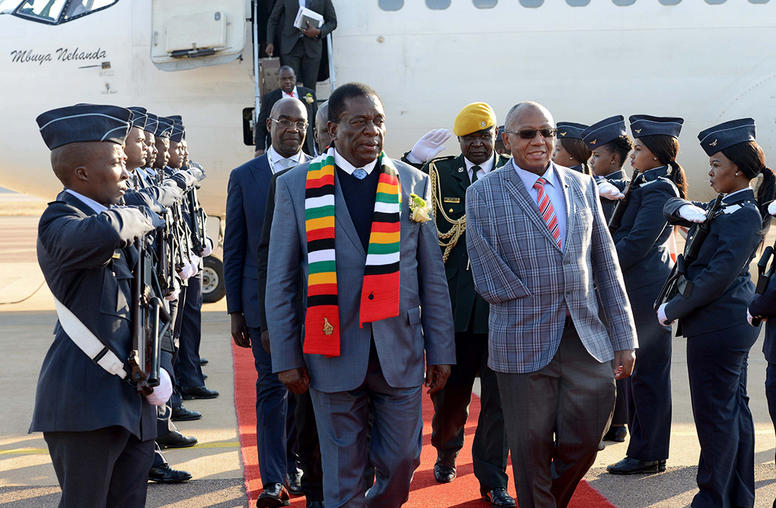Keeping Political Transitions Peaceful
A Symposium on How to Improve Policy and Practice
Countries from Myanmar to Chile have moved from autocratic regimes to more inclusive forms of government, though their experiences continue to be fraught with difficulties. On September 8, the U.S. Institute of Peace hosted a symposium exploring recent research on what factors encourage or inhibit peaceful transitions and how nascent democracies can overcome their fragility. The discussion included a focus on a new study released by Chatham House on Zimbabwe’s potential for peaceful democratic transition.
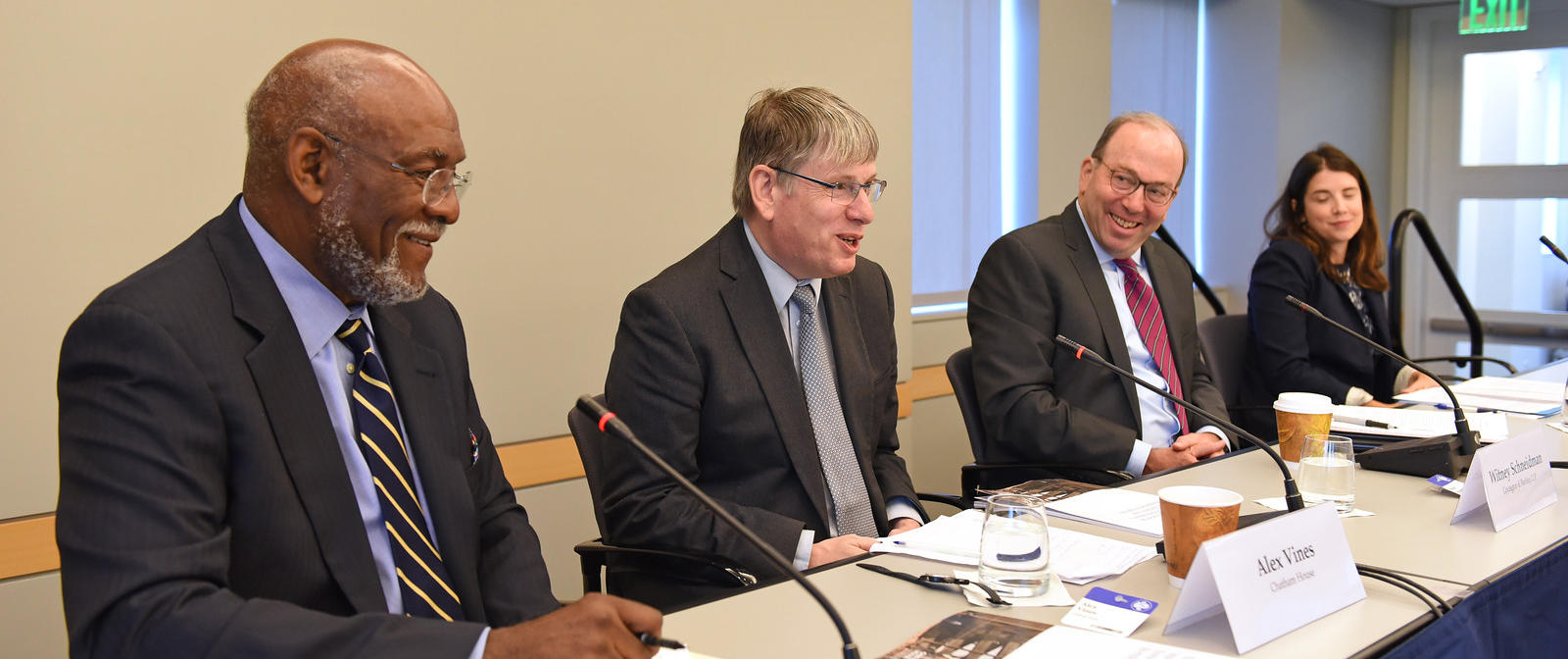
According to the 2016 Fragile States Index, six of the eight most fragile states—countries that have weak, ineffective, or illegitimate governments and conditions that exacerbate corruption, poverty and violence--are in Africa, and only a handful of the continent's 54 countries are ranked as stable. In Zimbabwe, the intensification of the #ThisFlag campaign may signal an opportunity for peaceful transition from a fragile to a democratic state.
The symposium sought to broaden the conversation about peaceful political transitions to improve policy and practice, increase the understanding of factors that contribute to fragility, and help the international community to provide constructive assistance. Panelists examined cases from around the world, including Myanmar and countries in Latin America, the Middle East, Eastern Europe and Central Asia.
Speakers
Amb. Princeton Lyman, Welcoming Remarks
Nancy Lindborg, Opening Remarks
President, U.S. Institute of Peace
Dr. Alex Vines
Head, Africa Programme, Chatham House
Dr. Witney Schneidman
Senior International Advisor for Africa, Covington & Burling LLP
Nicole Wilett-Jensen
Vice President, Albright Stonebridge Group
Amb. Johnnie Carson, Moderator
Senior Advisor to the President, U.S. Institute of Peace
Priscilla Clapp
Senior Advisor, U.S. Institute of Peace
Dr. Abraham Lowenthal
Professor Emeritus of International Relations, University of Southern California
Dr. Nadia Diuk
Vice President, Europe, Eurasia, Africa, and Latin America and the Caribbean, National Endowment for Democracy
Michael S. Lund
Senior Associate, Management Systems International, Inc.; USIP Senior Fellow, 2012-13
Amb. Princeton Lyman, Moderator
Senior Advisor to the President, U.S. Institute of Peace
